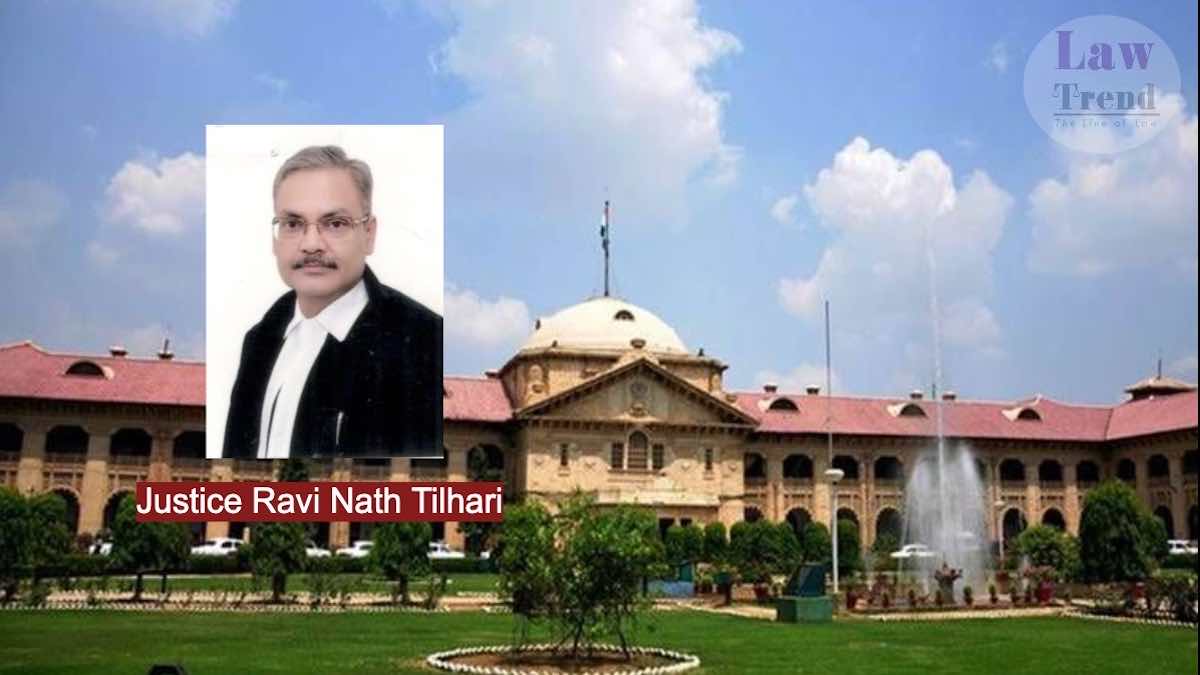In a recent Judgment the Allahabad High Court has explained circumstances when a magistrate can treat an application under section 156(3) CrPC as complaint case Background The dispute pertains to fight between two parties relating to a path in front of house.The person who was beaten (Revisionist) and whose purse was snatched approached the Police
To Read More Please Subscribe to VIP Membership for Unlimited Access to All the Articles, Download Available Copies of Judgments/Order, Acess to Central/State Bare Acts, Advertisement Free Content, Access to More than 4000 Legal Drafts( Readymade Editable Formats of Suits, Petitions, Writs, Legal Notices, Divorce Petitions, 138 Notices, Bail Applications etc.) in Hindi and English.







